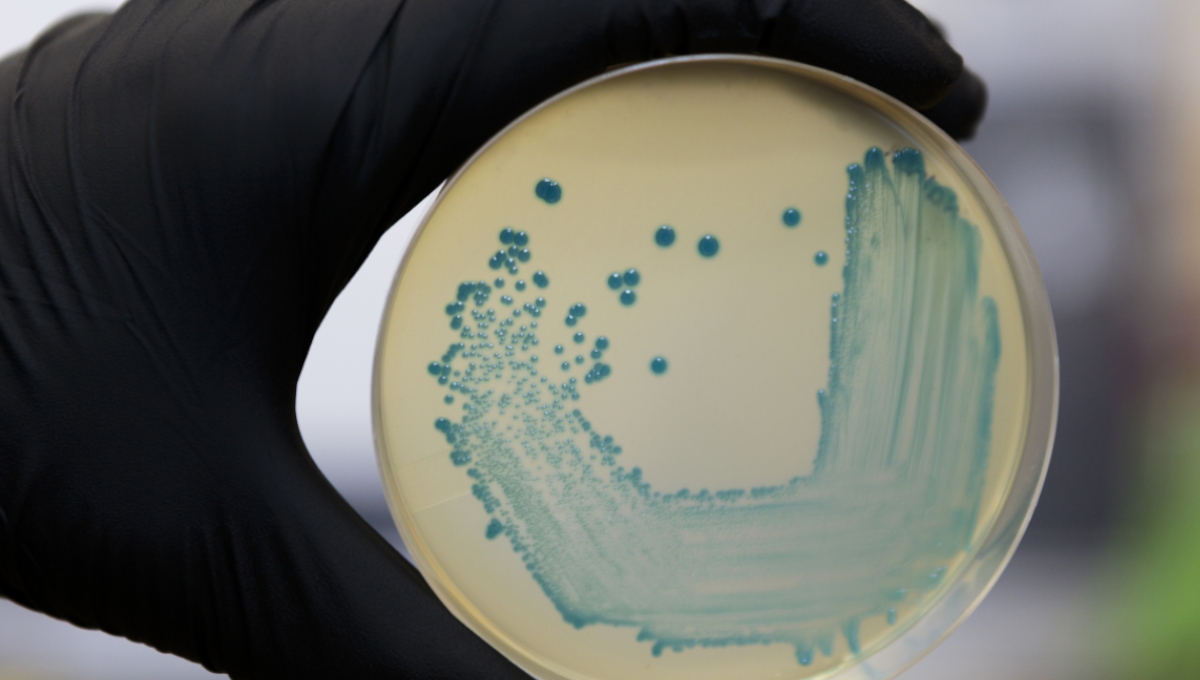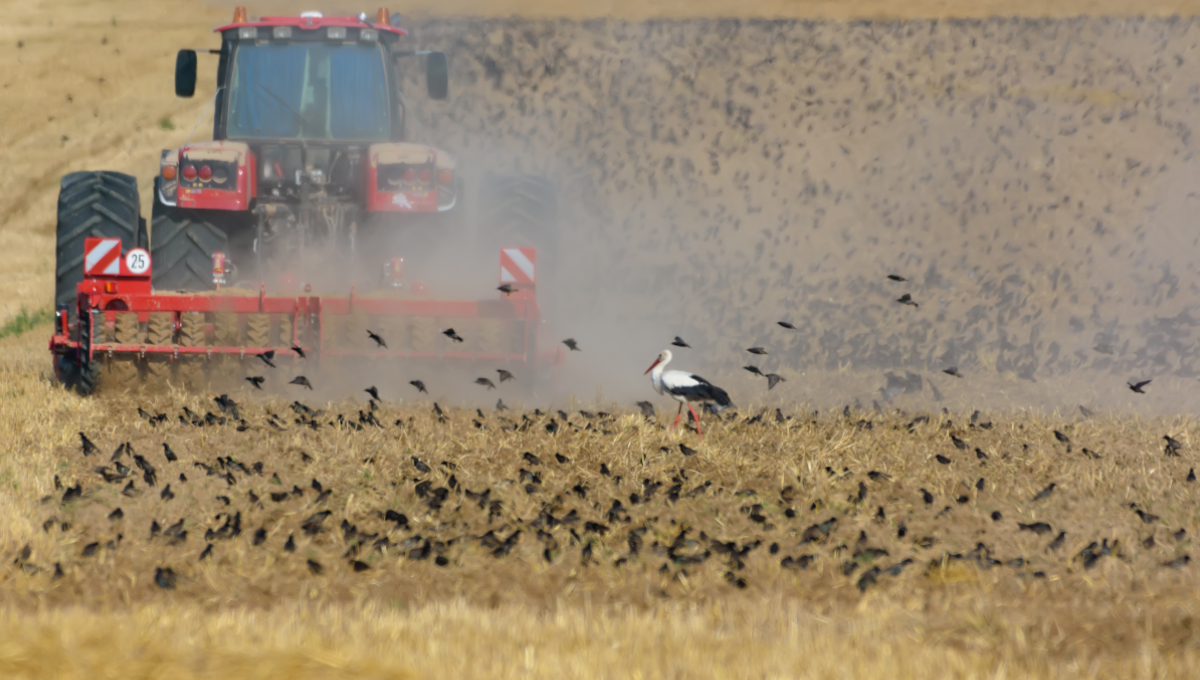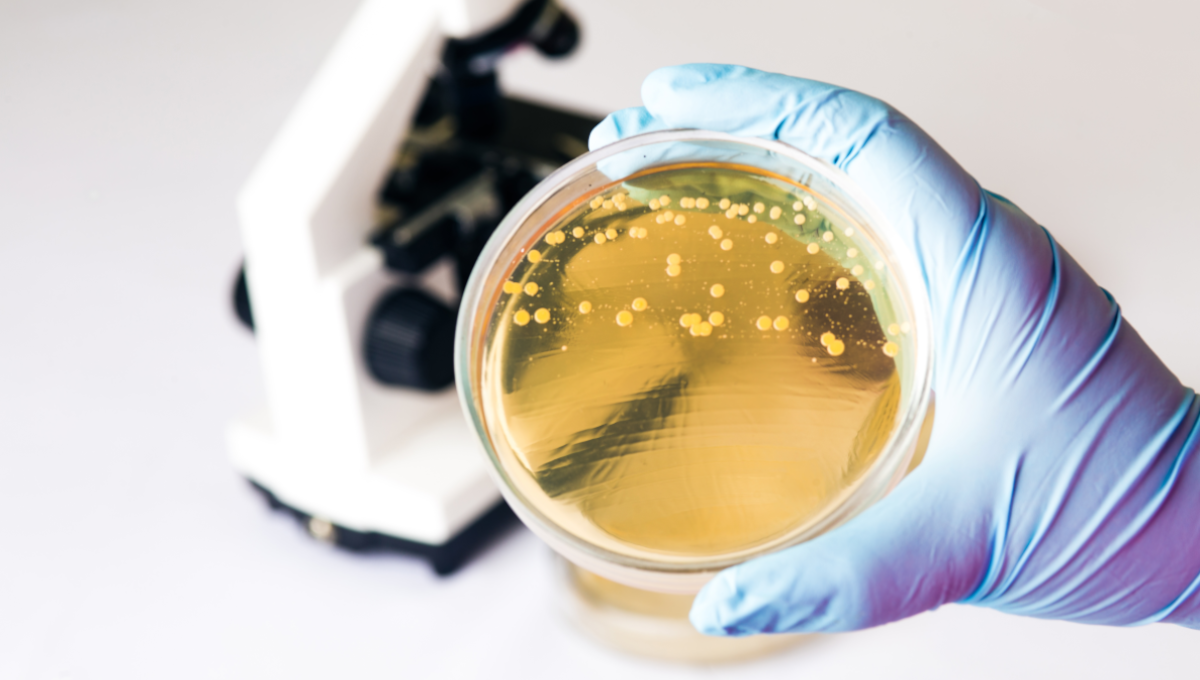Researchers at Michigan State University are working on a rapid testing cell phone method to detect bacteria on poultry that causes human illnesses such as infections from Salmonella and Campylobacter.
Led by Evangelyn Alocilja, a
Continue Reading Researchers hope to develop rapid pathogen testing for poultry










